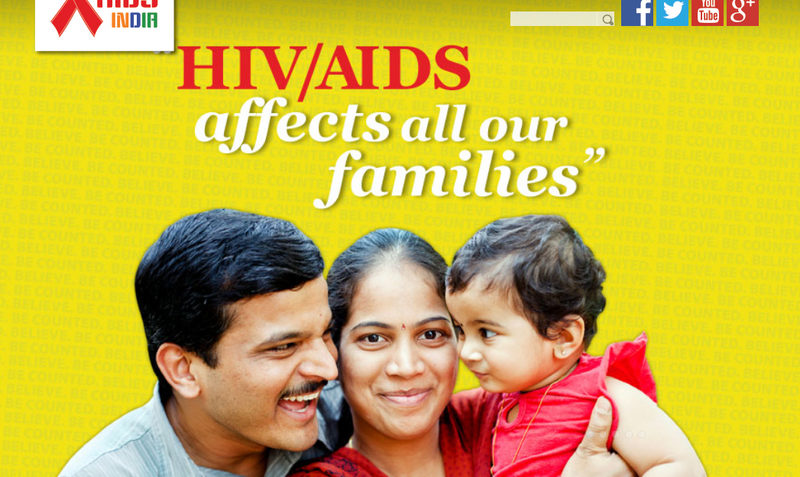End AIDS India

Launched in 2013 End AIDS India is an individual giving programme using a direct marketing approach supported by the Alliance secretariat.
Sujata (name changed), 25, was diagnosed as HIV positive during a routine pregnancy check-up. Sujata and her husband were both shocked and believed that the unborn child would be born HIV positive.
Sujata was so dejected by this that she isolated herself, including from family and refused to seek medical support. It was only after outreach workers from a community organisation visited Sujata that she received accurate information and the support she desperately needed.
Following the visits Sujata registered at a prevention of parent to child transmission centre where they guided her through a treatment programme.
In January of this year, Sujata delivered a healthy baby girl who was born HIV free, and Sujata and her husband are also healthy and enjoying parenthood.
Public support in India
Stories like Sujata’s are inspiring the Indian public to support community work to end AIDS. Launched in 2013 End AIDS India is an individual giving programme using a direct marketing approach supported by the Alliance secretariat.
In 2014 it achieved 74% of its fundraising targets through face to face fundraising, telefacing and online donations, however most activities were temporarily halted in September to address issues with project and supplier management. Renewed efforts are underway to get the project back on track during 2015, and the website where the public can donate here has remained ongoing.
Like the five organisations behind End AIDS India, two thirds of Alliance Linking Organisations are working in middle-income countries where ODA (official development assistance from national governments) is decreasing rapidly and there is an urgent need to diversify income to sustain community work on HIV.
Thanks to a strong digital presence including nearly 70,000 Facebook followers; an engaged audience in India; well-known ‘heroes’ supporting the campaign; and experienced fundraising professionals in India currently developing phase two, we hope that during 2015 we can build on End AIDS India’s initial success. The learning from this initiative will also help inform our wider strategy to diversify income in all middle-income countries where we work.
This article was written as the International HIV/AIDS Alliance, before we changed our name to Frontline AIDS.
Tags
HIV preventionIndia


